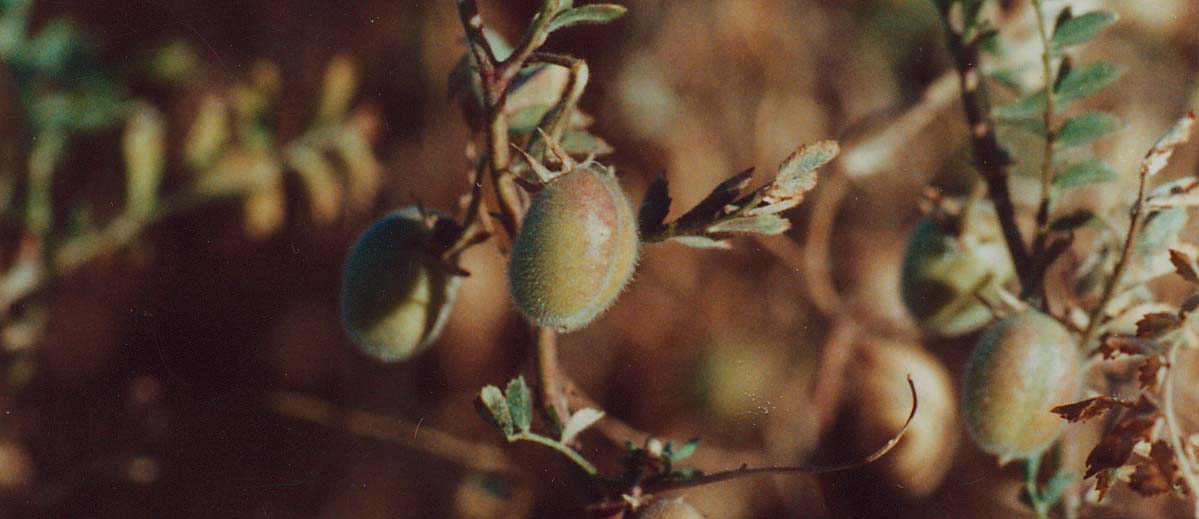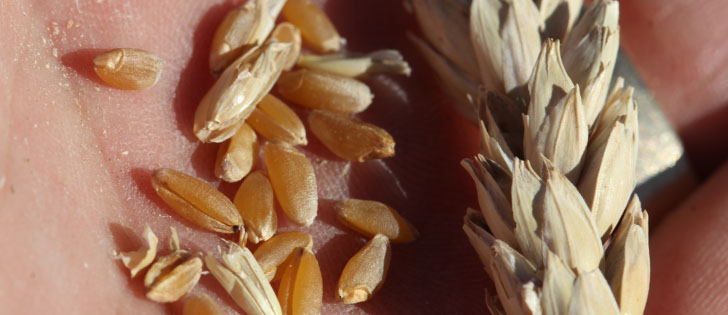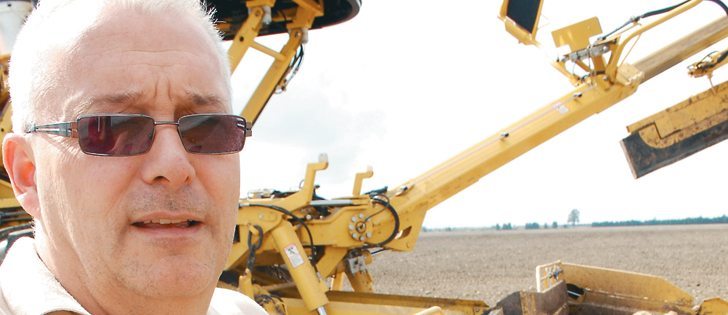A pending natural gas rate cut will come too late to help farmers forced to dry grain this fall, says NDP leader and agriculture critic Dwain Lingenfelter.
Late last week, he repeated his call for the proposed reduction to be retroactive to Sept. 1 rather than take effect Nov. 1.
Rainy weather has replaced the warm and dry harvest conditions of September. Saskatchewan Agriculture estimated about a quarter of the crop was still in the field as of Oct. 1.
Lingenfelter said he has received phone calls from farmers who say they are going to have to dry a lot of grain now that the weather has turned.
Read Also

Gene editing digs deeper space in Canadian plant breeding
More Canadian research into crop variety development is incorporating gene editing, and one researcher notes that Canada’s regulatory approach to gene editing will help drive innovation
“We think they shouldn’t be left out of the rate reduction,” Lingenfelter said of his call for the retroactive cut.
SaskEnergy has proposed a cut from $5.96 per gigajoule to $5.21, which will result in annual average savings of about $106 for a farm.
Lingenfelter said that doesn’t go far enough.
“It’s inappropriate when they filled the caverns this summer when gas was $3,” he said.
Most grain dryers in the province run on natural gas, although some use propane.
According to an NDP news release, Craig Crone of K & C Farms at Englefeld, Sask., said it costs $2,500 per week to run a grain dryer, and he had been using it for two weeks.
Elevators that have grain dryers charge seven or eight cents per bushel for each point the grain comes in above the required moisture content, Lingenfelter added.
“If you’ve got 20,000 or 100,000 bu., it adds up to a pretty hefty bill,” he said.
Some farmers may have trouble finding dryers after the widespread rain, he added.
Crone could not be reached for comment.















